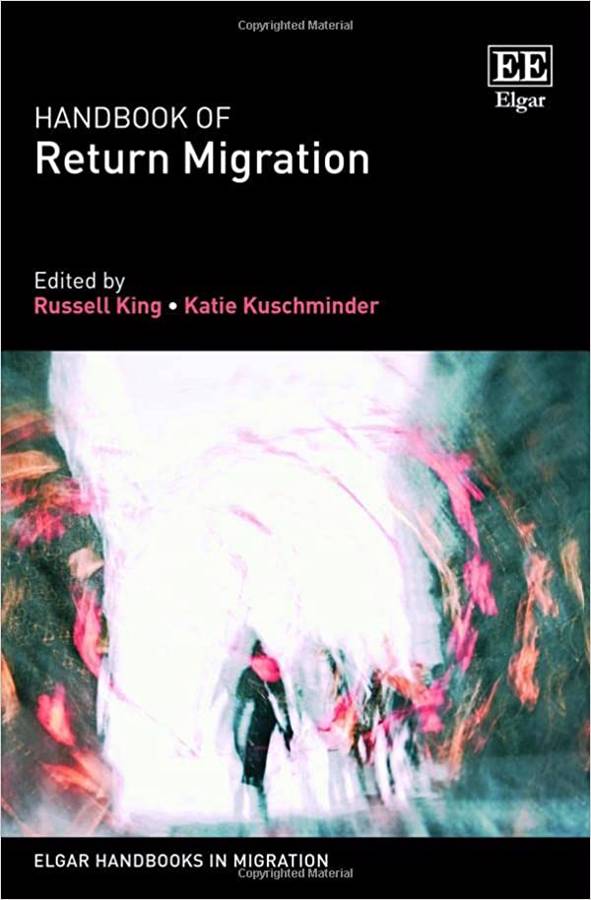
The new Handbook of Return Migration, edited by Russell King and Katie Kuschminder and published by Elgar, includes a chapter by PRIO Research Professor Marta Bivand Erdal and former PRIO Global Fellow and Senior Lecturer in Human Geography at the University of Sussex Ceri Oeppen, entitled "Theorising voluntariness in return".
The distinction between voluntary and forced return is an important binary in migration policy and migration management. Whilst recognising the significant impact which policy-defined categorisations can have on migrants' experiences, we caution against allowing binaries to dominate scholarly analysis.
In this chapter we aim to look beyond the labelling of return as either voluntary or forced. Instead, we explore how a theoretical understanding of voluntariness, combined with empirical observation of migrants' return decision-making, can lead to a more nuanced understanding of the voluntariness of return.
Analysis of the voluntariness of return requires a comprehensive understanding of the context in which return decisions are made, including the availability of acceptable alternatives to return that the potential returnee can choose from. We conclude by reflecting on the ways in which voluntariness, agency, force and coercion can operate at different scales, in different places and at different stages of the migration experience, necessitating thorough analytical attention. Structured into four parts, the Handbook maps the contemporary field of return migration, examining the effects and politicisation of return migration, before moving on to explore the theme of reintegration and the impact of return migration on development in the migrants' countries of origin. Taking an intersectional approach, expert contributors delve into the economics of return migration, deportation, the psychological wellbeing of migrants, student mobility and second-generation 'return' migration. The Handbook opens up new avenues for research, including new theories and conceptualisations of return migration, and articulates key issues that should be considered, both for research and for policy and practice.
This Handbook will be a valuable resource for scholars and advanced students interested in migration and human rights. Its use of empirical examples and case studies will also be beneficial for policy-makers seeking an insight into the current issues in return migration.





